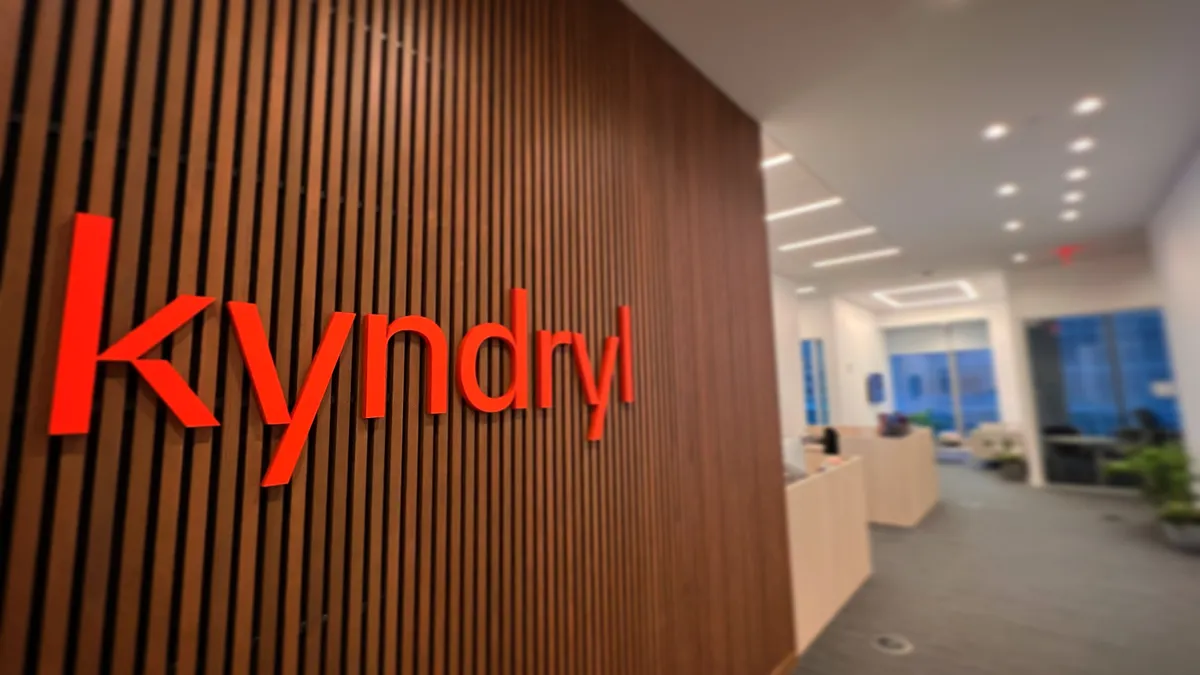Dive Brief:
-
IBM is recommending a blockchain regulatory framework for cannabis and cannabis by-product distribution, which will be legalized in Canada by July 2018, according to the company's November submission to the British Columbia government. The government's period for public feedback closed Nov. 1, and analysis of submissions will take place next.
-
Blockchain will allow the government a transparent view of the plant's entire supply chain "from seed to sale," according to IBM. Transparency and real time data among network participants of the entire lifecycle will facilitate regulation and quality checks, reduce fraud and support consumers' health and safety.
-
The government will benefit from blockchain with controls over the sourcing, sale and price setting of the product. In turn, producers will get inventory management and data analytics tools.
Dive Insight:
In June of 2016 Microsoft became the first big tech company to openly tie itself to the legal marijuana industry. The partnership brought "seed to sale" software to Azure for state and local governments working on compliance systems.
Attitudes and laws have changed a lot since then, and companies are not immune to the draw that the multi-billion dollar emerging marijuana markets offer. Now, IBM is working on adapting advanced technologies to marijuana distribution.
Canada's total marijuana market size potential comes in at $22.6 billion, and sales are expected to fall somewhere between $5 billion and $8.7 billion a year following legalization — and that's just sales, according to a Deloitte report.
Canada's legal entrance into the market, however, is likely to cause its North American neighbor to take a hit in its disproportionate market share. The United States currently drives 90% of sales in the $7.7 billion global pot market, which is expected to see a compound annual growth rate of 60% and potentially reach over $30 billion by 2021, according to Forbes.
Much like the legal marijuana industry, blockchain too is in its infancy. The immutable, decentralized and anonymous platform is threatening to upend many status quo systems, but still has a long way to go with only one-third of proof of concepts offering long term potential.
Should British Columbia decide to take IBM up on its offer, successes in cryptocurrencies, smart contracts and supply chain tracking offer case studies for emulation. IBM, the current frontrunner in the enterprise blockchain race, certainly has nothing to lose and everything to gain as the winning blockchain platform has yet to hit the market.












